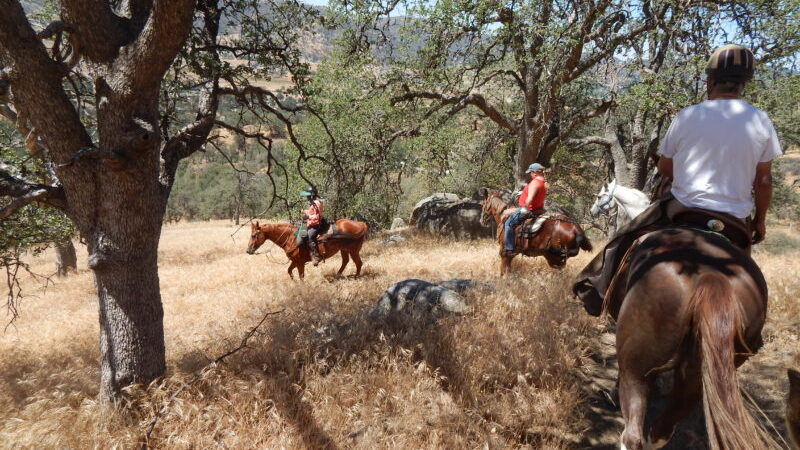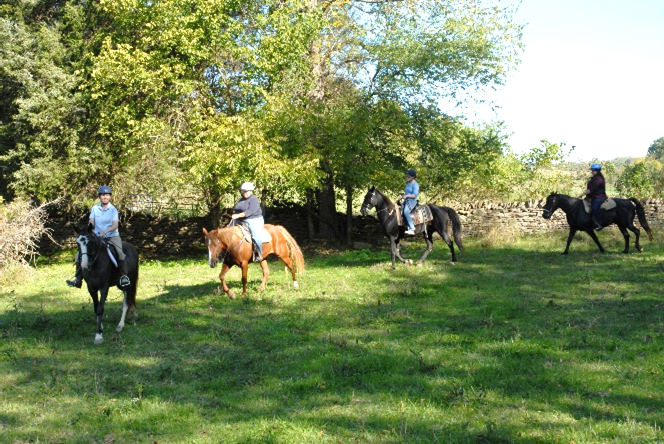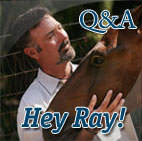Getting the Scoop
Educating users on trail manure aids communities

By LYNDALL ERB, PHD. / courtesy of ELCR.org
Horses have been a critical part of human progress from the early days of our history. They have carried men and supplies in times of war and peace, pulled the plows of farmers’ fields and were the main source of transportation during the settlement of the American west. Horses were the backbone of farms, the transportation to town for supplies and social activities, and a family necessity. Historically, many trails were created by horses ridden by people who needed to get from point A to point B. Today those trails are a critical part of recreation in open spaces and parks.
Ease into easements

How trail easements support equestrian access
By LAUREL A. FLORIO / Courtesy ELCR.org
So many aspects of equine activities, such as sport horse training, ranching, or recreational riding, rely on large areas of land — be it for grazing, riding arenas, turn-out or, to a smaller degree, trail access.
Sometimes land-locked areas provide fabulous multi-use opportunities for riders to enjoy the trails. However, access often is restricted to trailer parking gateways, so the need for trail access over privately-owned land is essential to equine use. The lack of this access can minimize trail availability.



 Read Columns
Read Columns

